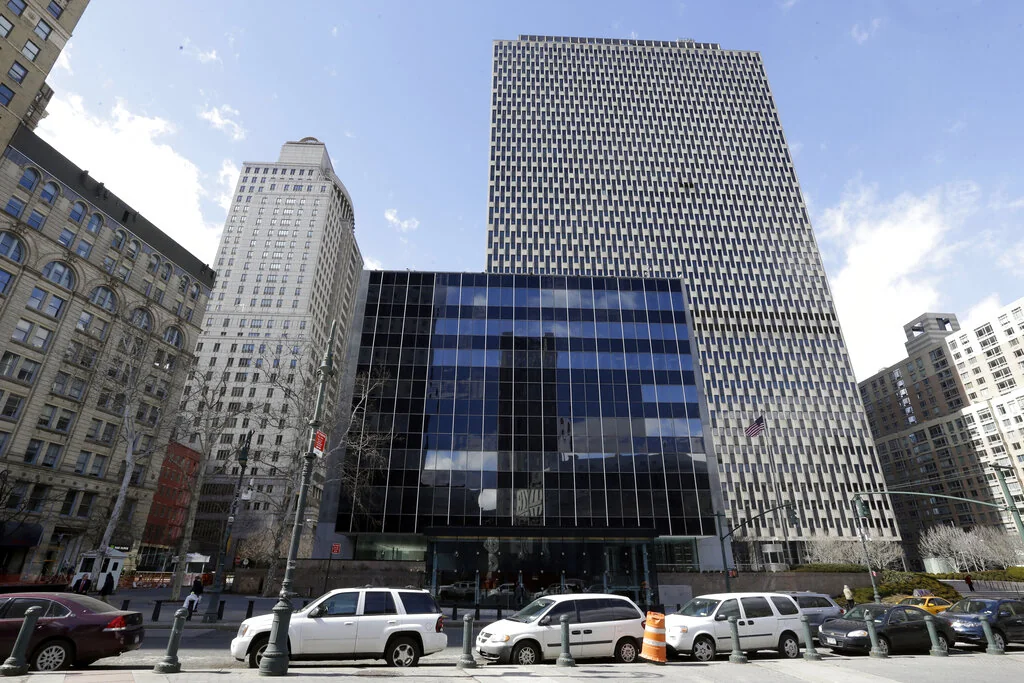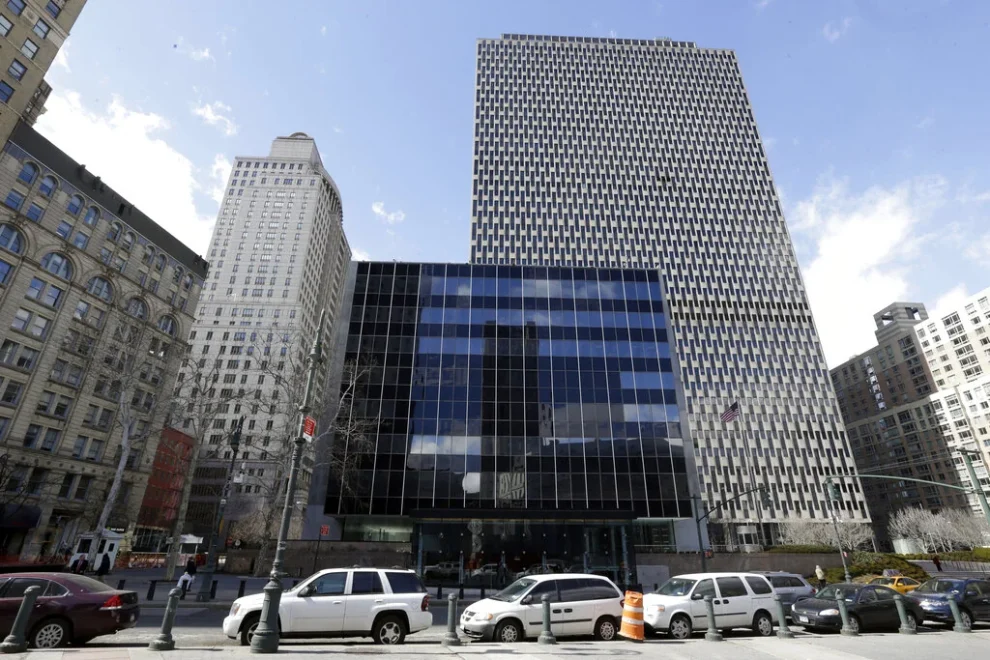The Trump administration signaled Thursday that it may ask the Supreme Court as soon as Friday to step in and revive a sweeping tariffs policy blocked by the U.S. Court of International Trade on Wednesday evening.
In a court filing before the U.S. Court of Appeals for the Federal Circuit, government attorneys said they would seek “emergency relief” from the high court “to avoid the irreparable national security and economic harms at stake,” but only if the appeals court doesn’t move quickly to pause enforcement of the ruling.

The administration is scrambling to preserve President Donald Trump‘s “Liberation Day” trade agenda after a three-judge panel at the U.S. Court of International Trade issued a permanent injunction Wednesday night halting dozens of retaliatory tariffs on countries including China, Mexico, and Canada. The court imposed a 10-day stay to leave room for the administration to appeal.
In the Thursday filing, Justice Department attorney Sosun Bae blasted the ruling as “unprecedented and legally indefensible,” warning it could unravel months of delicate diplomatic negotiations and embolden foreign governments to retaliate against U.S. exporters.
“The injunction unilaterally disarms the United States,” the DOJ said in its stay motion. “The political branches, not courts, make foreign policy and chart economic policy.”
White House deputy chief of staff Stephen Miller went further, calling the decision “judicial tyranny” in a post on X.
“The judicial coup is out of control,” he added.
Trump trade adviser Peter Navarro said the court’s decision reeks of “globalist” bias, accusing the judges of favoring importers during a Bloomberg TV interview Thursday. Trump ally Jason Miller echoed the criticism, telling Fox Business: “We have these unelected judges who are trying to force their own will when it comes to tax policy, trade policy, and all matters of the economy.”
The judges included Jane Restani, appointed by former President Ronald Reagan; Timothy Reif, appointed by former President Barack Obama; and Gary Katzmann, appointed by President Donald Trump. They ruled that Trump’s use of the International Emergency Economic Powers Act to impose tariffs exceeded presidential authority and violated principles of separation of powers.
On page 35 of the decision, the judges noted that the administration would have been within its rights to impose the sweeping tariffs if it had relied on Section 122 of the Trade Act of 1974. In response to why the administration did not take this route, Navarro said Thursday that the section “only gives you 150 days” of implementation, indicating that the administration’s strategy is to pursue a more permanent solution.
The blocked tariffs, enacted in early April, were a centerpiece of Trump’s plan to rebalance trade by penalizing countries that maintain lopsided tariff policies or contribute to the United States’s drug crisis through lax enforcement.
MARKETS HAVE SUBTLE REACTION TO COURT STRIKING DOWN TRUMP’S ‘SWEEPING’ TARIFFS
The DOJ filing stated the decision jeopardizes recent breakthroughs with China and the United Kingdom, warning that “the successful agreements the President has reached with multiple countries could be immediately unraveled.”
While the administration is seeking to pause the ruling through the appeals court, it has filed a notice of appeal and is prepared to escalate the case directly to the Supreme Court as early as Friday if necessary.
























